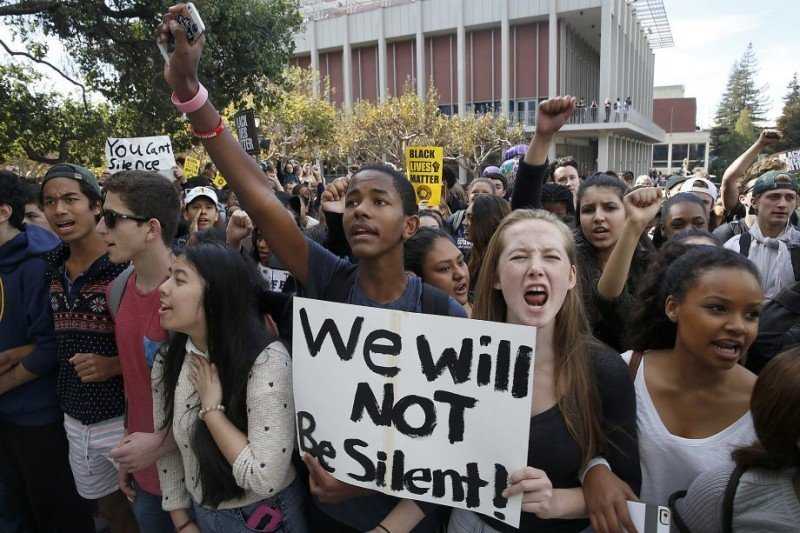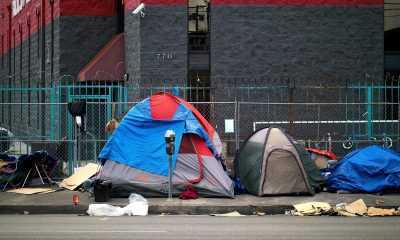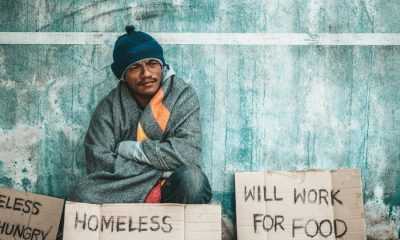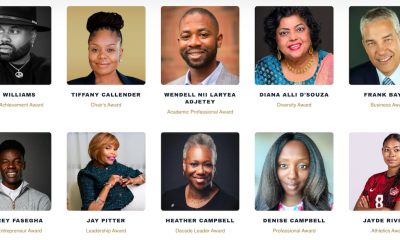BY: BRITTNEY CHANNER
Hello Readers!
As we are quickly approaching the end of the year, it is safe to say that there was a large number of alarming and newsworthy topics that have initiated some form of social justice dialogue. Issues revolving around gun violence, gun control, criminal justice reform, inequality, and racism, just to name a few, continues to be the pinnacle of struggle in modern day society. Nevertheless, as we continue to fight for justice in all forms, many have questioned if the next generation of young adults, commonly referred to as “Millennials” are equally as interested in attaining justice and continuing the fight for it.
The term “Millennial” is used to refer to people who are born between the years of 1981 to mid-1996. However, I have personally seen the term evolve into a description that is applied to those born in the early 2000s; although it is incorrect. Regardless of whom or what you believe to be a millennial, over the past few years, this particular group of people have been categorized as selfish, distracted and disengaged from the issues that plague society today.
There have been constant comparisons between the Baby Boomer Generation and the significant impact they had during that specific time period compared to the adults of today. Baby Boomers are defined as any person born between the end of World War 2 (1945) and the late 1960s. However, according to the Millennial Impact Project, they reported that Millennial’s interest in social issues have evolved and engagement in social justice have “increased and intensified” since 2016.
So, if we are to accept this notion as true, and if Millennials actually care about social justice issues just as much as their Baby Boomer counterparts, then where exactly do their interests lie? According to the latest phase of the 2017 Millennial Impact Project report, respondents viewed civil rights and racial discrimination as the top causes they care about, followed closely by employment and health care reform. Additionally, it was reported that millennials found topics such as immigration, education and climate change of equal importance. (Stanton, 2013)
It has been often stated that Millennials do not show a genuine interest in fighting some of the injustices that occur within today’s society amongst marginalized groups. With the Baby Boomer generation known for leading the social justice movement through many forms of activism such as women’s, civil and equal rights for all citizens, many have purported that young people of the millennial generation have not worked as hard to continue to the fight in ending social injustice.
However, according to Nicole Bryck and her article entitled “4 Changes with Millennial’s Involvement in Social Issue Areas” she stated that the young people of today care about social problems that they have a personal connection to, even if they are not directly affected by the social problem and have continued to fight against similar issues that also plagued the Baby Boomer era such as equality rights.
Also, Bryck stated that millennials are focused on giving all people, with a special focus on marginalized or disenfranchised individuals, advanced opportunities and wish to see this happen through education. For many millennials, preventing social injustice starts with educating those on the prevalent issues that occur inside and outside Canadian borders. It is only through this process that, society can begin to see the change they desire. The research provided shows alternative findings compared to the common arguments that are presented on behalf of the millennial generation and where their concerns on social justice lie.
It is apparent that many millennials choose to use online channels to voice their opinions or concerns about the world they live in. There are a wide variety of outlets for young adults to use now, compared to the young adults of the Baby Boomer generation, those of whom made their concerns known through marches, boycotts and constant pressure on government officials. Now, through the advancement of technology, we have seen an increase in activism regarding social justice causes, which enables individuals to create change through multiple platforms and contribute various solutions to more than one issue.
Nonetheless, in regards to continuing the fight for equality and justice, today’s focus should be on creating a proper dialogue between arguably the two largest generations in history and actively creating viable solutions that target the root of societal concerns. I should add that using this approach will not solve or end injustice overnight, but it may be the initial push needed for us to get started.
What Are Your Thoughts?!
Stanton, J. (2013, February 17). Social Justice in the Millennial Generation. Retrieved from Huffington Post: https://www.huffingtonpost.com/joshua-stanton/social-justice-in-the-mil_b_2708224.html


 Community News1 week ago
Community News1 week ago
 Community News1 week ago
Community News1 week ago
 Community News1 week ago
Community News1 week ago
 Community News1 week ago
Community News1 week ago
 Community News1 week ago
Community News1 week ago
 Community News1 week ago
Community News1 week ago
 Community News1 week ago
Community News1 week ago
 Community News1 week ago
Community News1 week ago
























